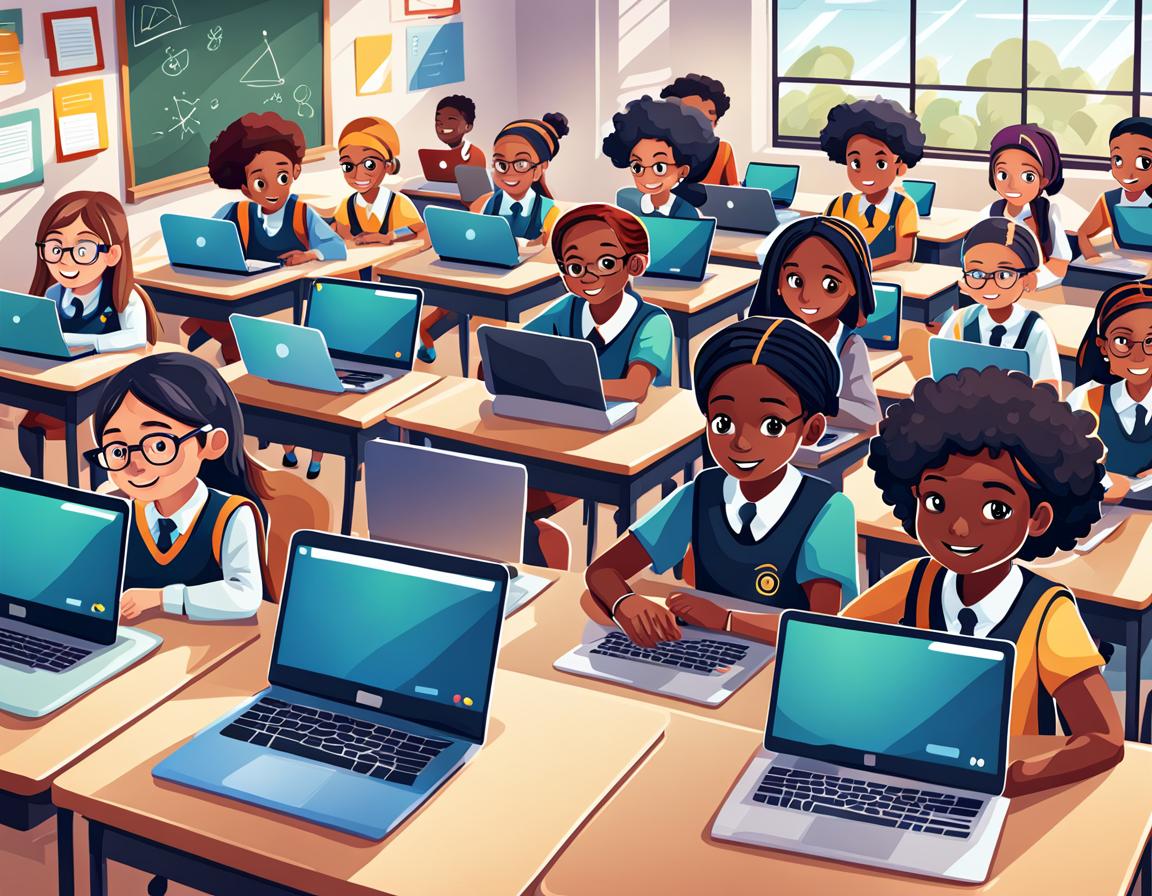Artificial intelligence is fast becoming part of everyday life, so much so that federal lawmakers are taking steps to ensure equitable access to learning and using the technology.
On Dec. 15, Rep. Lisa Blunt Rochester of Delaware, along with Rep. Larry Bucshon of Indiana, introduced the bipartisan Artificial Intelligence (AI) Literacy Act — a move we called one of the AI news stories to watch in 2024.
What’s actually in the act, and how will it impact you? The AI Literacy Act is fairly straightforward. It aims to:
- Classify AI as a necessary part of digital literacy
- Make AI literacy accessible via public schools, colleges, universities and libraries
The first part will require an amendment to the Digital Equity Act of 2021, which defines digital literacy and identifies areas that need addressing to help close the digital divide. Once AI is established as something that people should be equitably educated about, it focuses on five main areas:
Skills
AI literacy includes skills like how to use accessible applications, but it goes beyond learning how to create prompts. It includes understanding the concept, application and limitations, as well as the ethical issues AI creates, such as potential IP infringement and misinformation.
Competition
A big part of the AI Literacy Act is making sure the United States stays technologically competitive and is digitally prepared as AI grows. This is a sort of call to action for the establishment of AI literacy in the Digital Equity Competitive Grant Program, which would fund education and certification for public K-12 and post-secondary educators.
Education
Through the grant program, public schools and institutions of higher learning would incorporate hands-on learning, including through private sector partnerships, in-school labs and virtual learning platforms.
Equity
The AI Literacy Act is intentional in its aim of fostering digital equity. In section 2 (Findings), it states:
“(8) Communities most often negatively impacted by AI-enabled technologies often have the least access to AI education. (9) AI literacy initiatives must engage stakeholders and communities in all stages, and specific outreach efforts should be made for communities disproportionately impacted by the digital divide, including minority and rural communities.”
And also notes that:
“(12) In 2021, Black students made up only 7.5 percent of AI-related bachelor’s degrees despite making up 14 percent of the population. While women account for 60 percent of college graduates, they constitute only 40 percent of Science, Technology, Engineering, and Mathematics graduates and 25 percent of graduates in AI fields. Efforts in AI literacy can help to bridge stark differences in attainment across demographic groups.”
Accountability
If the act is implemented, the assistant secretary of commerce for communications and information will be required to submit a written report every year, including recommendations for changes that might benefit more people.
While the legislation as written focuses primarily on students and educators, it also spotlights the importance of AI literacy in workforce development. The impact of the bill, as with the Digital Equity Act, will affect people impacted by the digital divide most acutely — at least at first.
With generative AI’s rapid growth over the past year, becoming AI literate is something we’re all in the process of learning.
Click here to read a PDF of the nine-page bill
Before you go...
Please consider supporting Technical.ly to keep our independent journalism strong. Unlike most business-focused media outlets, we don’t have a paywall. Instead, we count on your personal and organizational support.
3 ways to support our work:- Contribute to the Journalism Fund. Charitable giving ensures our information remains free and accessible for residents to discover workforce programs and entrepreneurship pathways. This includes philanthropic grants and individual tax-deductible donations from readers like you.
- Use our Preferred Partners. Our directory of vetted providers offers high-quality recommendations for services our readers need, and each referral supports our journalism.
- Use our services. If you need entrepreneurs and tech leaders to buy your services, are seeking technologists to hire or want more professionals to know about your ecosystem, Technical.ly has the biggest and most engaged audience in the mid-Atlantic. We help companies tell their stories and answer big questions to meet and serve our community.
Join our growing Slack community
Join 5,000 tech professionals and entrepreneurs in our community Slack today!

The person charged in the UnitedHealthcare CEO shooting had a ton of tech connections

The looming TikTok ban doesn’t strike financial fear into the hearts of creators — it’s community they’re worried about

Where are the country’s most vibrant tech and startup communities?




